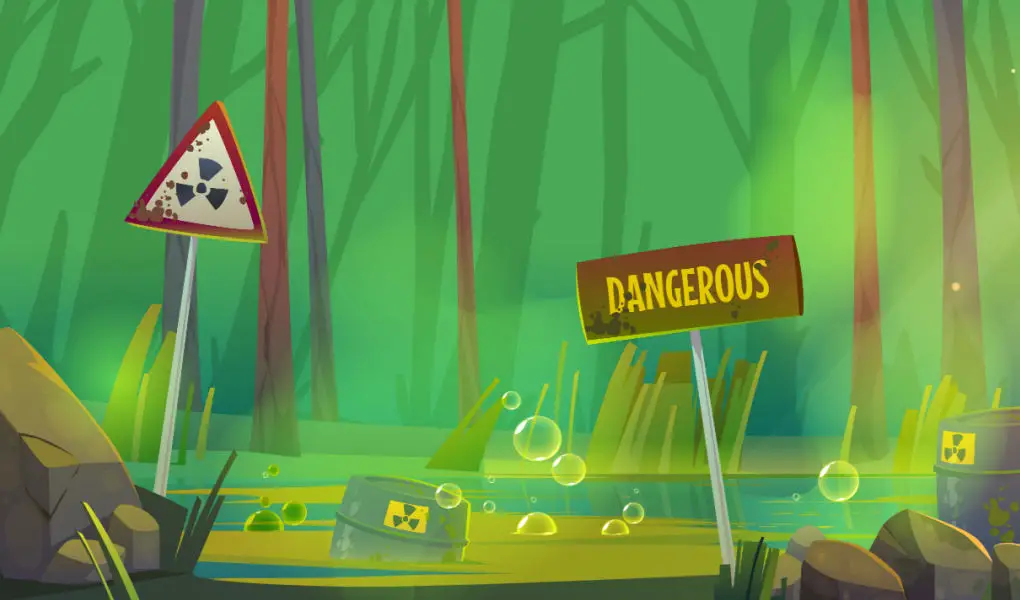In light of the Ohio chemical disaster, many people who live or are traveling the Ohio River Basin are wondering how to remove vinyl chloride from water. While many are using bottled water for their daily needs, water is also a necessity for cooking, bathing, and other activities of daily living.
While the notion is to escape the area because the consequences of long-term exposure are unknown, many can’t just up and leave their homes. Across social media, families along the Ohio River are left wondering what is the best plan now for long-term living.
What Is a VOC?
Before describing vinyl chloride it is important to briefly discuss the term volatile organic compound or VOC. These contaminants are in a variety of household products, such as bug sprays, paint thinners, cleaning products, spray adhesives, air freshers, pesticides, paint, inks, glues, solvents, gasoline, magic markers, and dry-erase pens.
This portable tabletop reverse osmosis water filter is ideal for home and while traveling.
These items are full of chemicals that have a very low boiling point. Therefore, when exposed to air they quickly give off gases and vapors. They are considered volatile because they have the ability to convert to a gas form even in below-freezing temperatures.

VOCs in Water Supply
Humans have freely contaminated our water supply just by doing everyday activities. Cleaning off a paintbrush, cleaning a toilet, and laundering gasoline splashed on clothing are all examples of VOCs easily getting into our drinking water.
Here are the best water filtration systems to remove VOCs and chemicals.
While water from municipalities contains some level of VOCs, unfortunately, groundwater private wells are more at risk. This is because the EPA has regulations on 23 different VOCs. Consequently, cities must constantly monitor the levels and take action if levels rise above a certain threshold established by the EPA.
What Is Vinyl Chloride?
Commercially manufactured and not found naturally, vinyl chloride is an essential component in the production of PVC. This flammable, colorless VOC is of concern to the public due to its known carcinogenic risks.
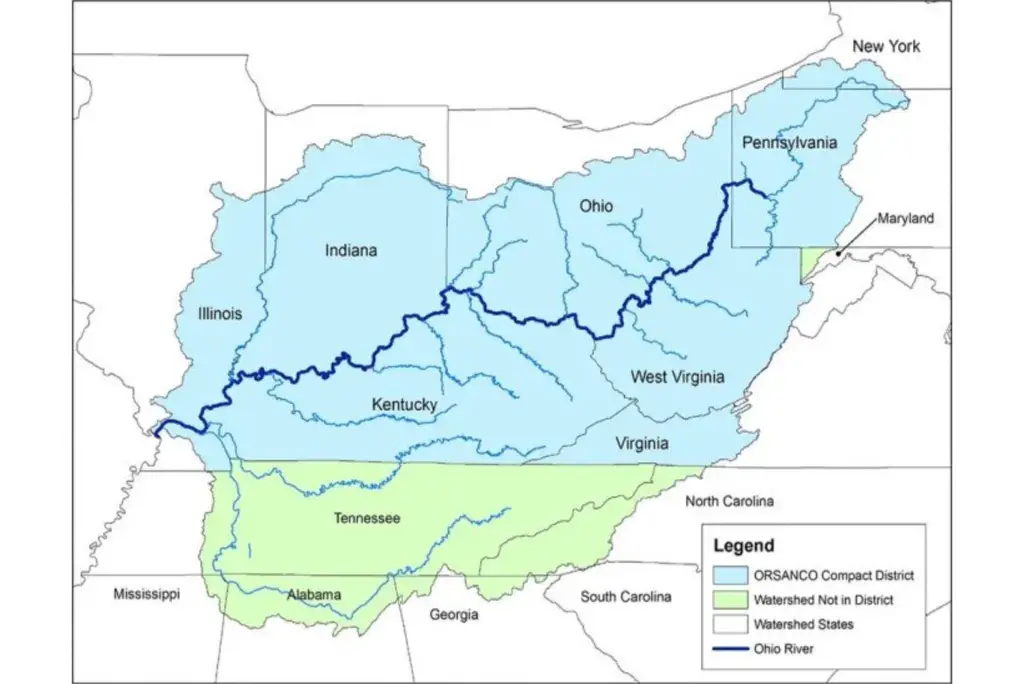
Unfortunately, East Palestine, Ohio, and the entire Ohio River Valley have been exposed to this cancer-causing contaminant in the Ohio train derailment. While vinyl chloride is released into the environment through industrial production discharge and improper disposal methods, this chemical was put out in critical amounts into a major portion of the country in both the air and water supply.
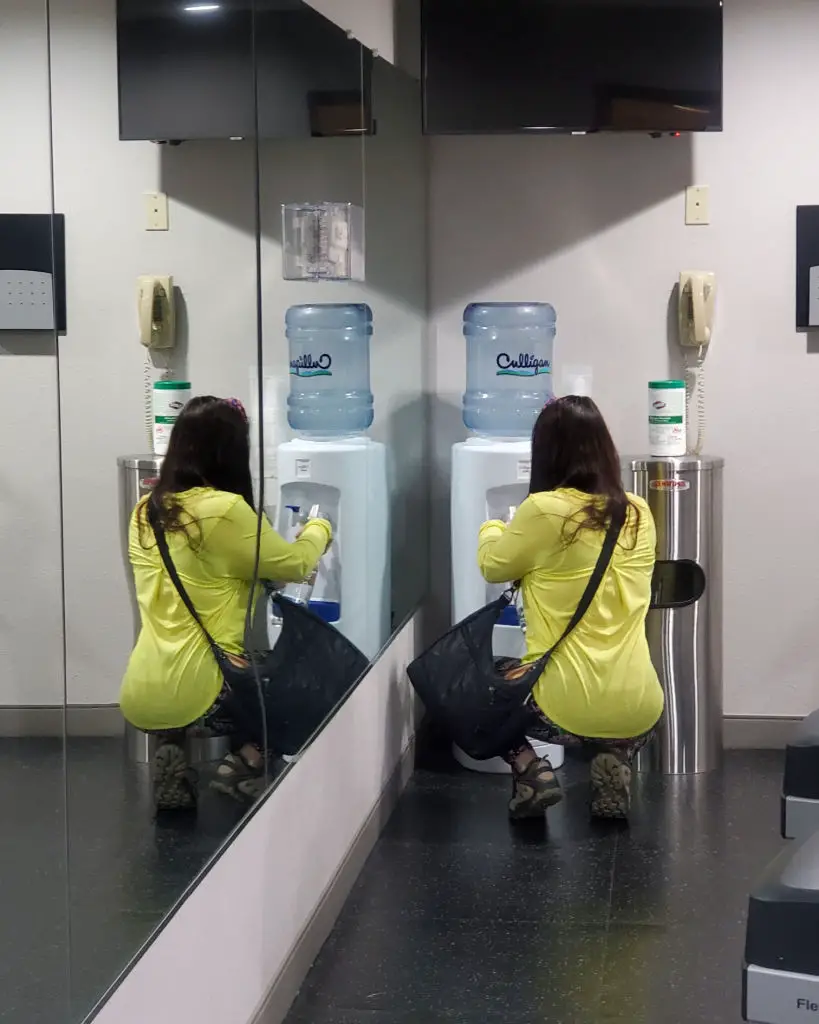
Vinyl Chloride – A Group 1 Carcinogen
The International Agency for Research on Cancer classifies vinyl chloride as a Group 1 carcinogen. This is the highest level of cancer rating, denoting that there is established evidence that the substance causes cancer in humans. Vinyl chloride is linked to liver, brain, and lung cancers and lymphoma, and leukemia.
Ohio River Valley Concerns
If you are living in the Ohio River Valley, it is important to take proactive measures to protect yourself and your family. Do not trust the EPA or any governmental agency to navigate your health and well-being. No one is coming to save you.
On a side note, you know it’s bad when even CNN states, “High levels of chemicals could pose long-term risks at Ohio train derailment site.”
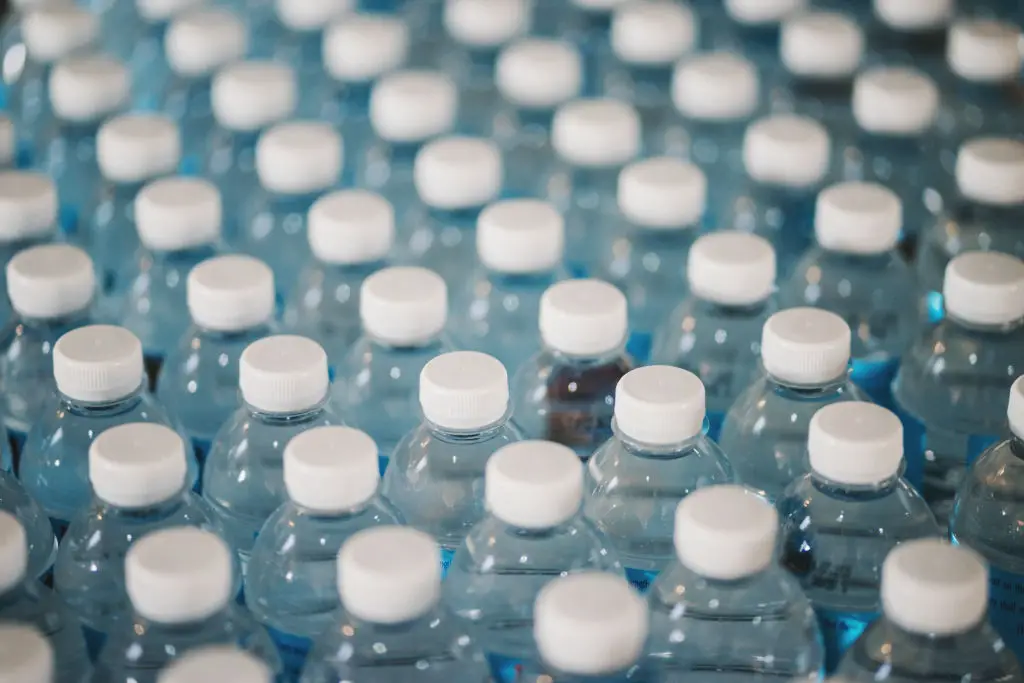
While drinking bottled water will work as a temporary safety measure, it is not a long-term solution. At this time, many residents in the Ohio River Valley are finding it necessary to conduct an at-home lab test or get their water supply professionally tested.
Carbon Filter and Reverse Osmosis (RO)
At this time, reverse osmosis (RO) is the best method for water filtration available to everyday Americans. RO will remove vinyl chloride and other VOCs. However, the system must have a pre- or post-carbon filter. Alone, RO cannot remove vinyl chloride, it simply passes through the membrane.
Carbon block filters are common in water filtration because they effectively remove contaminants like chlorine and lead. In fact, specialty carbon block filters are specifically made for the purpose of VOC reduction. Just be sure to pay attention to the filter’s lifespan.
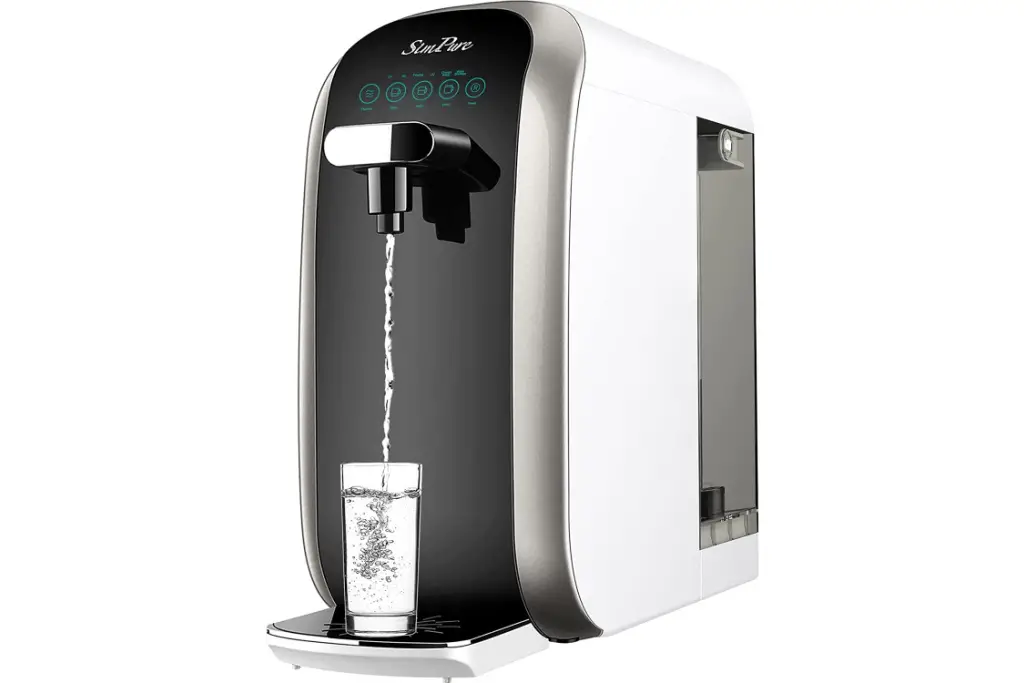
To clarify, when dealing with VOCs, such as vinyl chloride, it is important to be diligent when replacing filters. On average, filters will typically last for 6 months when working with everyday chemicals like chlorine.
However, when treating water for VOCs like vinyl chloride, carbon filters will deplete 33 percent faster than with other substances. Generally, it is recommended that you replace the filter every two months. This ensures that the vinyl chloride, and any other harmful VOCs, are still being eliminated from the water.
Plan of Action
If testing reveals that your water supply has chemical contamination, then it’s time to consider a long-term plan. Technically, bottled water can work for drinking water but contaminants also need to be removed from other water-using appliances. It is important to consider chemical exposure when cooking, brushing your teeth, doing laundry, cleaning dishes, and bathing.
If there are concerns, then getting a reverse osmosis system will ensure that your water is safe. There are a variety of options, including countertop, under sink, or whole-house filtration systems. If you are in a region that experienced vinyl chloride fallout, act quickly. Time is of the essence to limit your exposure to this dangerous, toxic substance.

